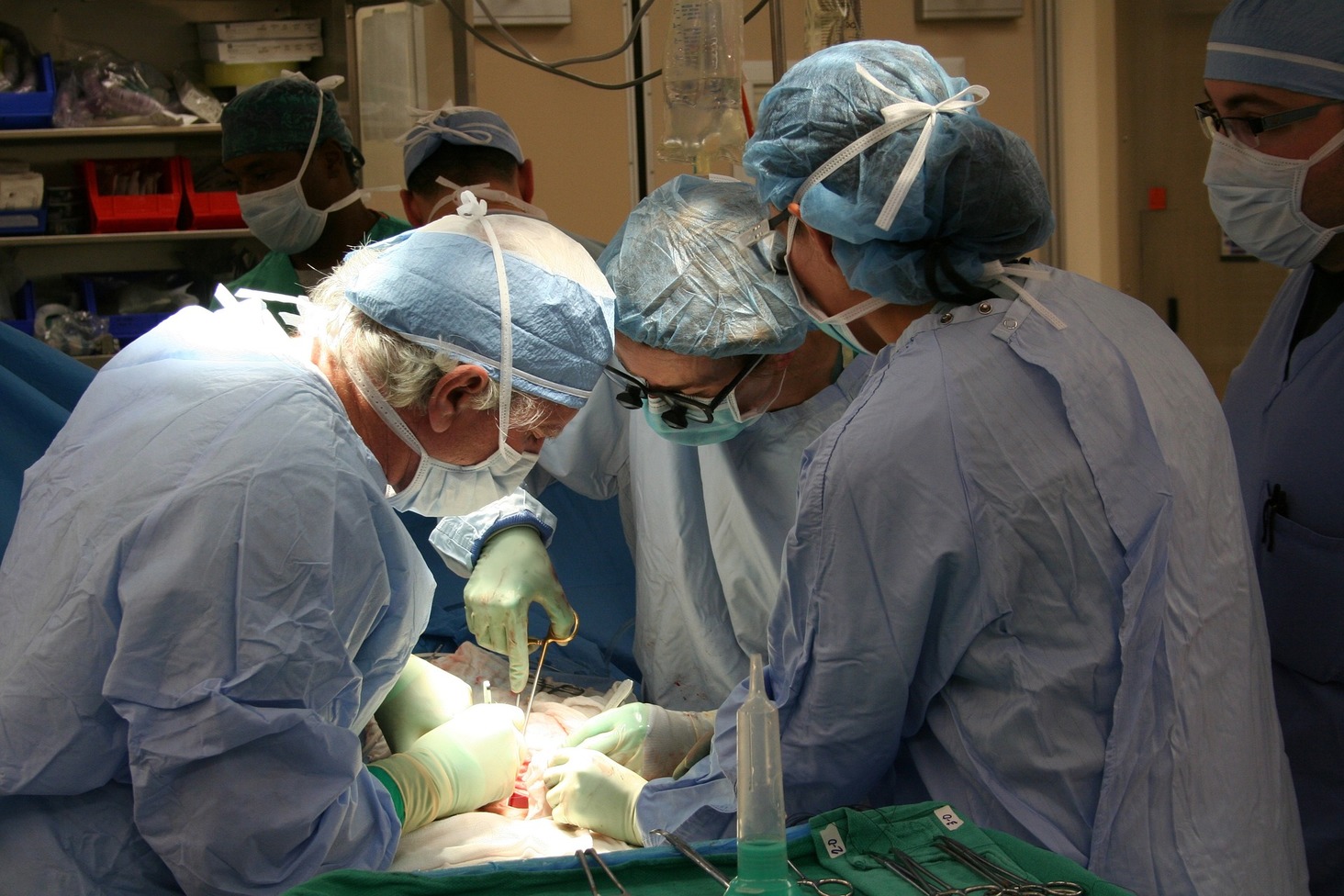HIV-positive Organ Transplants are Approved
Published in Microbiology

While not yet fully curable, HIV antiretroviral treatment has reached the point where many patients are virally suppressed for decades. That means that while AIDS associated opportunistic diseases have decreased, chronic diseases that afflict the general population are now common in long-term patients. This can include liver and cardiovascular disease and cancers (some of which are more common in HIV patients even with drug therapy).
But for severe cases requiring organ transplants, HIV patients have extra complications: they tend to have higher mortality rates on transplant waitlists and more importantly until 2013 (when the HOPE act was passed), the US barred doctors from performing transplantation of any HIV-positive organs, even to other HIV positive patients.
Since the passage of the law, no such transplants had yet been performed, much less scheduled. This all changed yesterday, when Johns Hopkins Hospital received the go ahead to be the first to transplant HIV positive organs (a kidney and liver) to other HIV positive patients, a development that could save hundreds to thousands of lives per year.
Aside from the obvious clinical benefit, I think this will also open up opportunities in the research arena to study important translational questions such as how do patient-adapted HIV strains respond (even on treatment) to new hosts with different immunological backgrounds or what are the clinical considerations for transplantation of organs infected with HIV carrying different antiretroviral resistance mutations.





Please sign in or register for FREE
If you are a registered user on Research Communities by Springer Nature, please sign in